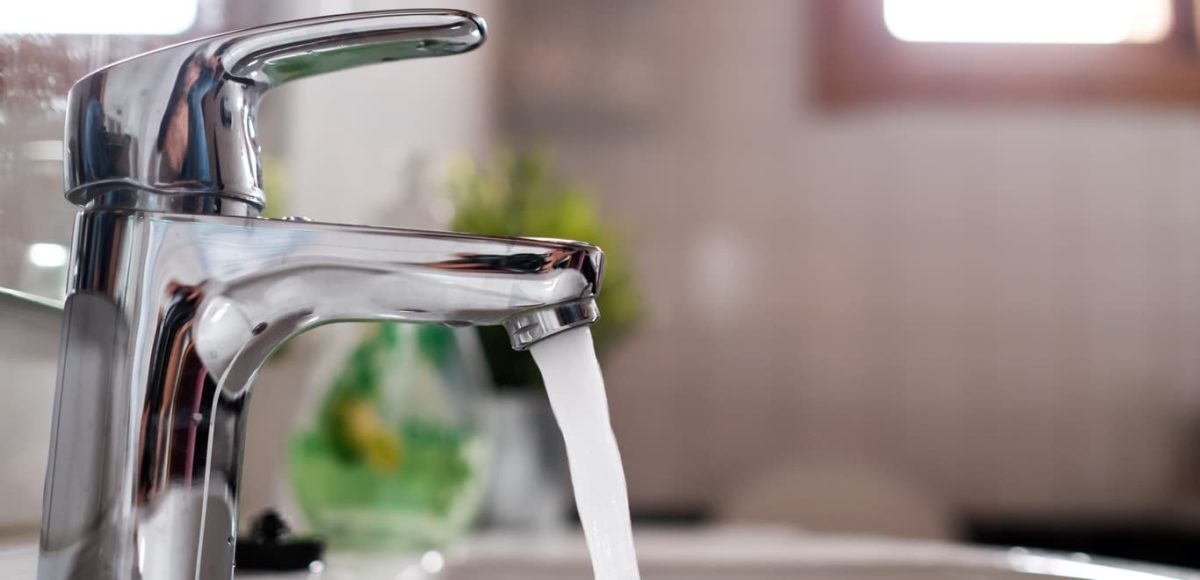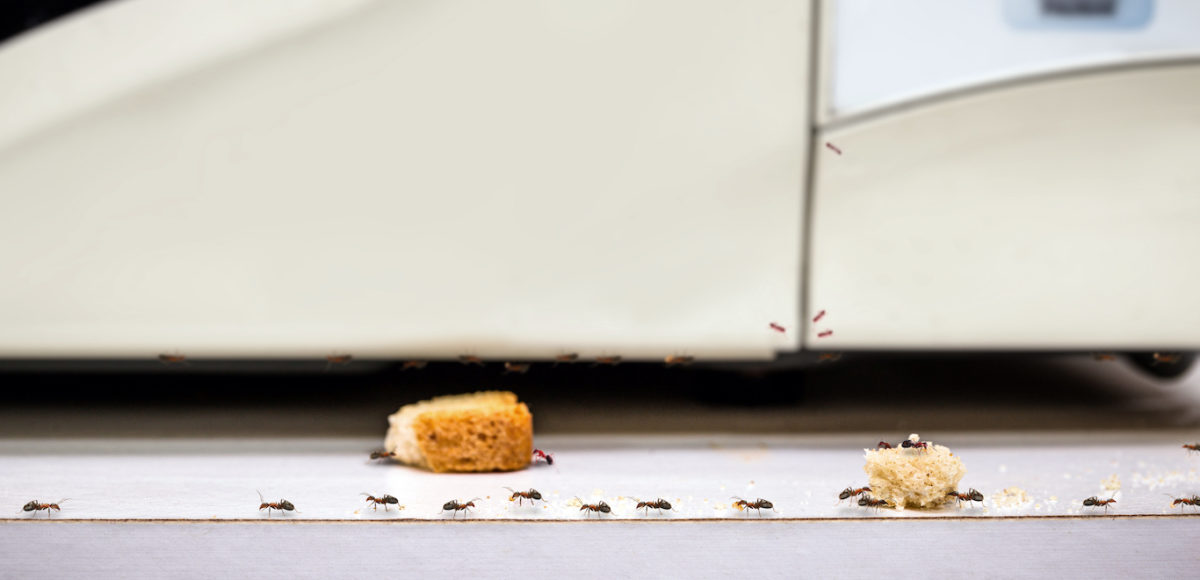Flushing your toilet might not be something you think about twice. In fact, it’s a good habit to be in. But then you get last month’s sewer and water bill and suddenly every flush sounds like money going right down the drain!
Sure, you might have drunk more water than usual last month. But that increase on your sewer bill probably didn’t come from just your toilet. If your rising sewer bill makes you feel like you’re flushing cash down the toilet, check out these things that could be causing your wastewater bill to skyrocket.
Difference between sewer and water charges
First things first, you have to understand how the utility company comes up with those numbers on your bill. Whatever water comes out of any faucet in your residence is charged by the gallon. On the other end, whatever water goes down any drain in your house is considered wastewater and is usually charged by the gallon.
If you don’t receive a sewer bill, that doesn’t necessarily mean you aren’t paying for it. Some water utility companies will add your sewer charges onto your water bill and give you one lump-sum amount. To find out exactly what you are paying for each service, look at the itemized section of your invoice for words like “collection,” “treatment,” and “sewage.”
Why is my sewer bill so high?
Since your sewer bill is calculated by how much water goes down any drain, it’s easy to overlook some activities that could be draining your wallet. Here are a few wasteful wastewater habits
Taking long showers
While that 30-minute, steam-filled shower might be nice, it’s probably costing you quite a bit. The average shower dumps out 2 gallons per minute. That’s about 60 gallons of water going right into your sewer system each time you take one of those half-hour showers!
If you’ve got a roommate who enjoys taking long showers, it might be time to remind them how quickly they can add up. If they are a notoriously long shower taker, try timing how long they’re running the water to get an idea of how much of that sewer bill is actually their doing.
Doing your laundry
Doing your laundry can drum up quite a bit of wastewater. Every time you throw a load of laundry in the washing machine, you can expect to use between 15 and 30 gallons of water per load even if you use a high-efficiency washing machine. Some older, non-high-efficiency washing machines can even use up to 45 gallons per load! That’s a lot of wastewater just to get that fresh linen scent!
Washing your dishes
Modern dishwashers have become much more efficient, with most using between 4 and 6 gallons per cycle. Though this might not seem like much, it can add up quickly if you are running your dishwasher every day!
Unfortunately, hand washing dishes can also send a lot of water into the sewer. The average faucet dumps out about 2 gallons of water every minute. And if you’re in the habit of letting the water run while you scrub last night’s dinner off those pots and pans, you could be looking at a lot of wastewater going down the drain!
How to reduce your sewer bill
Reducing your sewer bill is simple! Once you figure out how you use the most water in your home, it’s easier to know where to cut back. Try these simple tactics to reduce your wastewater use and save cash.
Take shorter showers
You might not realize how long you actually stand in the shower. You also might not think about how much water you use before you shower when waiting for the water to heat up! Keep a hand under the water so you’re ready to jump in as soon as it’s up to temp. Then, try setting a 5-minute timer or playing a song about 4-5 minutes long while you shower. Once the timer goes off or the song ends, shower time is over. Challenge yourself to beat the timer, and you might be surprised at how quickly you can get it done!
For extra savings, try turning the shower off while you soap up, then back on when you’re ready to rinse. It might not seem like much, but it can pay off in the long run!
Do larger laundry loads less frequently
Frequent loads of laundry can use up a lot of water, which can be especially wasteful if you’re just washing that one outfit that you really want to wear. Instead, try designating a laundry day for yourself. Pick a day of the week to gather up every loose shirt and sock, and throw them all in. That way, all that water it takes to fill up your washing machine gets all of your clothes done at once! Now when you’re looking for the perfect outfit, there’s a better chance it’s washed and folded. That is adulting at its finest!
Only run your dishwasher when it’s full
If you want to reduce wastewater from your dishwasher, start by running fewer loads. Wait until you’ve used all the available space in your dishwasher to start it. The more dishes per load, the less often you need to run the dishwasher!
If you need to hand wash certain dishes, try filling up the sink instead of running the water while you scrub. Additionally, check if your dishwasher has an efficiency setting that uses even less water. It might make your cycle run for a bit longer, but it will save you water and money!
Are wasteful roommates or old appliances spiking your sewer bill? Flush those high bills down the toilet by finding an apartment with utilities included on ApartmentSearch.




